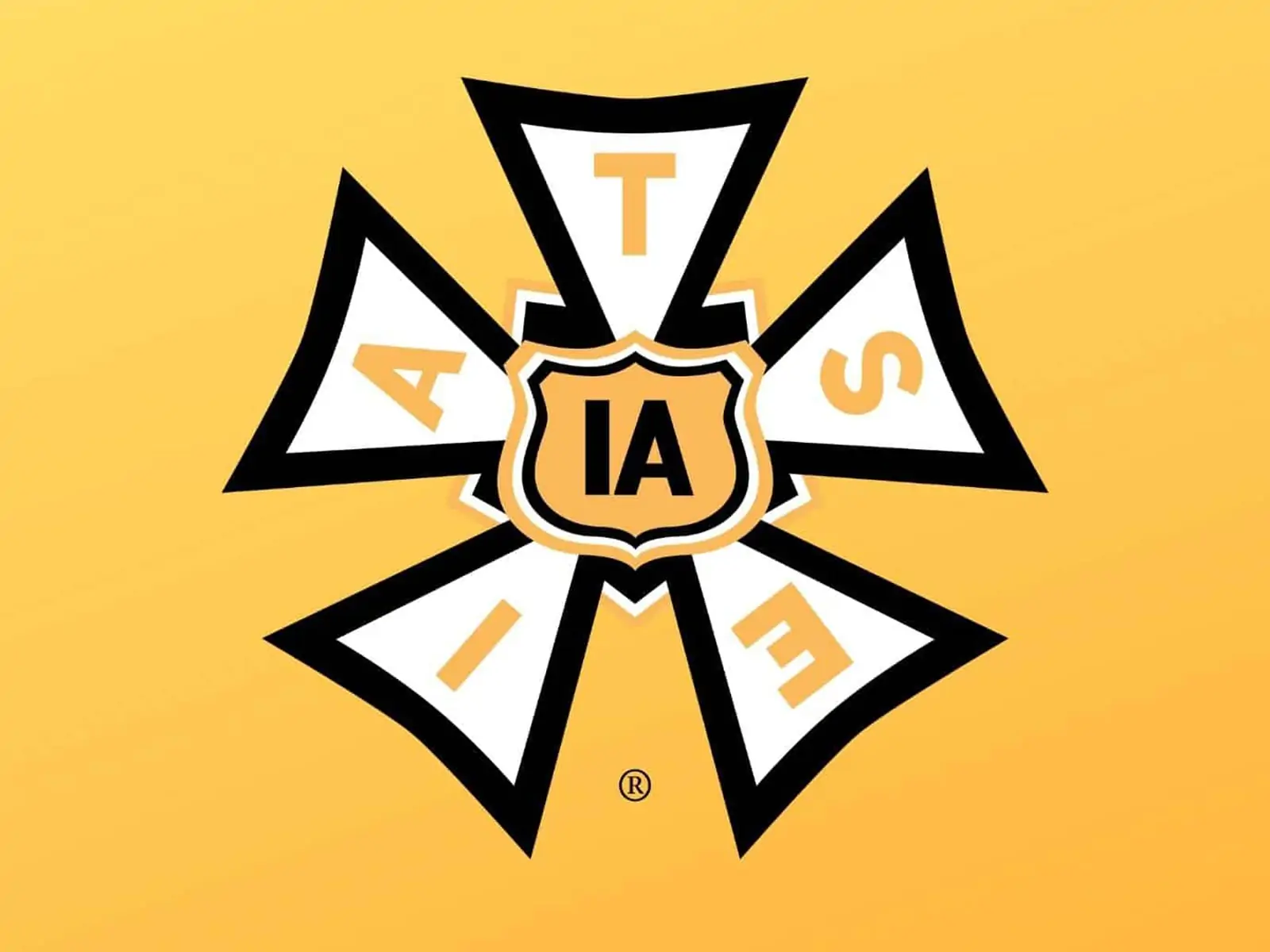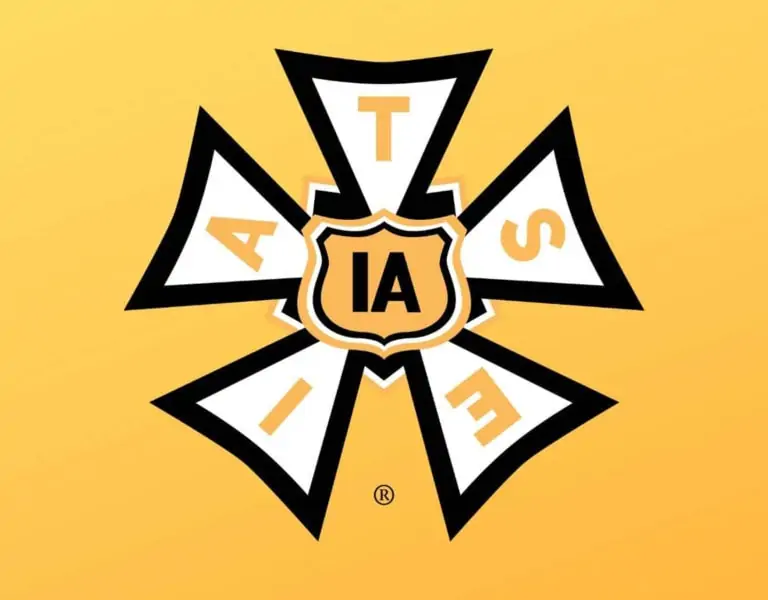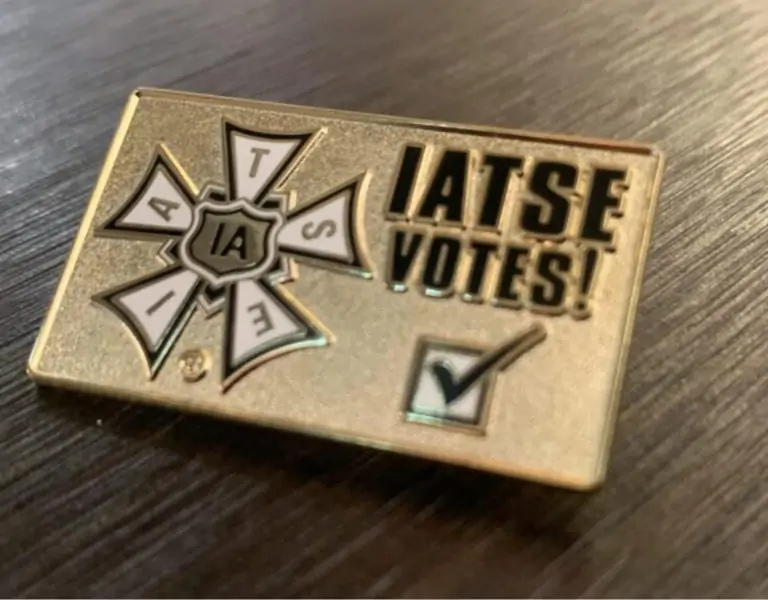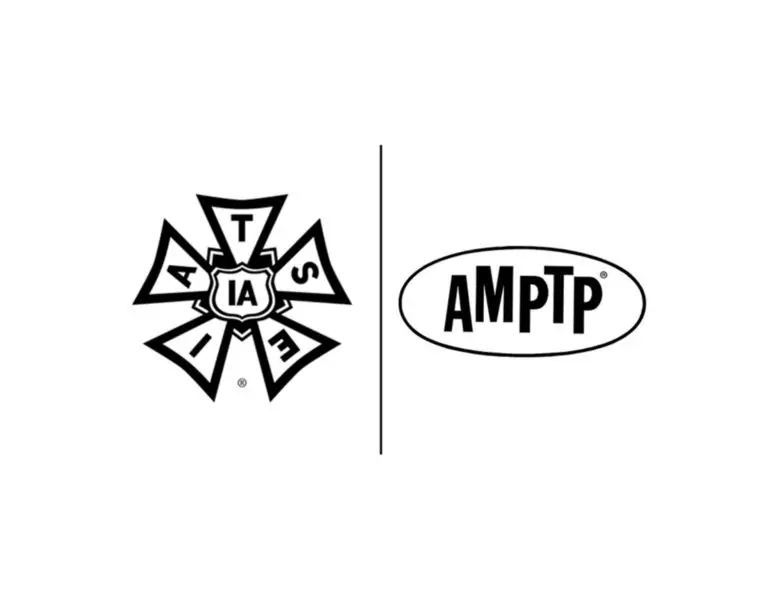
A nationwide strike that would have started today was averted when the International Alliance of Theatrical Stage Employees (IATSE) reached a tentative three-year agreement with the Alliance of Motion Picture and Television Producers (AMPTP) for The Basic and Videotape Agreements which affects 40,000 film and television workers represented by 13 West Coast IATSE local unions.
The proposed contract addresses core issues, including reasonable rest periods; meal breaks; a living wage for those on the bottom of the pay scale; and significant increases in compensation to be paid by new-media companies.
“This is a Hollywood ending,” said IATSE International President Matthew Loeb. “Our members stood firm. We are tough and united.”
IATSE union members were prepared to withhold their labour and go on strike until issues related to the quality of their lives were addressed, he said.
“We went toe to toe with some of the richest and most powerful entertainment and tech companies in the world, and we have now reached an agreement with the AMPTP that meets our members’ needs.”
The AMPTP is a trade association that represents major employers and producers of television and film including Walt Disney Studios, Warner Bros., Paramount Pictures, Apple, Netflix, and Amazon, among others.
The tentative agreement, which still must be ratified by IATSE members, includes:
Many film and television workers had lamented how the workweek commonly ran into the weekend as Fridays and Saturdays became one long workday or a “Fraturday.” AFL-CIO President Liz Shuler, in remarks to the National Press Club in Washington earlier this week, said that IATSE members were “fighting for the weekend.” Under the terms of the new agreement film and television workers would now have a minimum of rest over the weekend.
- Achievement of a living wage for the lowest-paid earners
- Improved wages and working conditions for streaming
- Retroactive wage Increases of 3 percent annually
- Increased meal period penalties
- Daily rest periods of 10 hours without exclusions
- Weekend rest periods of 54 hours
- Martin Luther King Jr.’s Birthday Holiday added to schedule
- Adoption of diversity, equity and inclusion initiatives
IATSE members will be briefed by their local leaders on full details and language of the tentative agreement early this week. A ratification vote will be held with members casting ballots online using a similar process that was used to conduct the recent strike authorization vote.
“Our members will see significant improvements, but our employers also will benefit,” said Mike Miller Vice President and Motion Picture Director for IATSE. “This settlement allows pre-production, production and post-production to continue without interruption. Workers should have improved morale and be more alert. Health and safety standards have been upgraded.”
This agreement, and the contract campaign before it, should serve as a model for other workers in the entertainment and tech industries, for workers employed by gaming companies, and for so-called “gig workers,” explained Loeb. “We’re the original gig workers.”
“Like non-union, freelance workers, many of our highly-skilled members go to work at different times, for different employers, at different locations,” Loeb said. “The difference is, our people have healthcare and retirement benefits, can negotiate for better wages and conditions, and have a voice and power because they work together through their union.”
“Solidarity is more than a word,” Loeb added. “It’s the way to get things done.”
Two weeks ago, IATSE members who work in television and film production at 36 IATSE local unions across the country voted to authorize the union’s international president to call the first nationwide strike in the union’s 128-year history if contract talks didn’t result in new agreements for 60,000 film and television workers that fall under the Basic Agreement and the Area Standards Agreement. Voter turnout was 90 percent, with 98.6 percent of those voting in support of authorizing a strike. Last Wednesday, Loeb announced that a strike would begin at 12:01 Monday morning, Oct. 18 if a deal had not been reached.
Prior to the strike authorization vote, negotiators for the AMPTP had not spoken to the union’s bargaining team for two weeks. After the overwhelming showing of support from members, negotiations resumed, but lacked a sense of urgency. The pace of talks quickened after the announcement of the strike date was set for Oct. 18. Substantial progress was made on Friday and final details for the Basic Agreement were reached late Saturday.
Negotiations continue for those who work under the similar Area Standards Agreement and belong to IATSE local unions in major production hubs such as New Mexico, New York, Illinois, Georgia and Louisiana.
Along with near-unanimous support from its own members, IATSE received widespread support for its campaign for a new contract from actors, directors and others in the entertainment community. In addition, 120 members of Congress added their names to a letter, and state government leaders in California, New York and other production centres weighed in. The union also received backing from the AFL-CIO and the broader labour movement.
IATSE’s below-the-line workers include camera operators, grips, prop makers, set dressers, makeup artists, editors, script coordinators, publicists and many other job categories key to producing and film and television.











